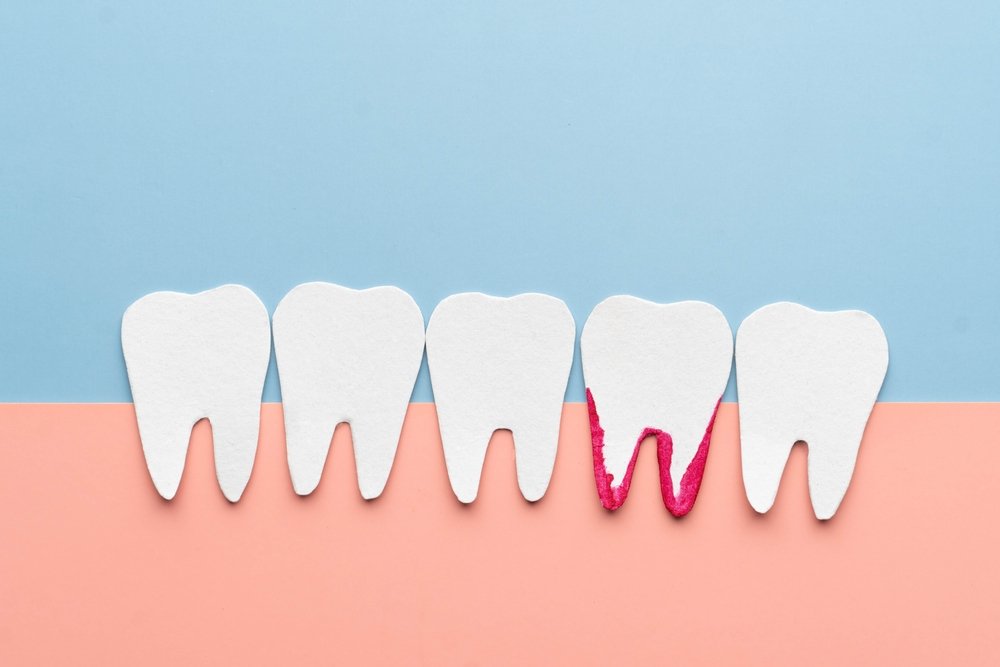Swollen, Sore, or Bleeding Gums? Visit an Emergency Dentist

Maintaining good oral health is crucial, yet many people neglect the signs of dental issues until they become severe. Swollen, sore, or bleeding gums can be more than just a minor inconvenience—they often signal underlying conditions that need prompt attention. Visiting an emergency dentist can help prevent these symptoms from escalating into more serious problems.
In this blog post, we’ll explore the causes of swollen, sore, and bleeding gums, why immediate intervention is essential, and what you can expect when you visit an emergency dentist. Whether you’re suffering from these symptoms or want to be prepared for potential dental emergencies, this comprehensive guide has got you covered.
The Importance of Gum Health
Healthy gums are the foundation of a healthy mouth. They support your teeth and protect the underlying bone structures. Gum health is often overlooked until problems arise, but maintaining it is just as important as taking care of your teeth.
Gum disease is a leading cause of tooth loss in adults. Early detection and treatment can prevent complications. Regular dental check-ups and proper oral hygiene are key to keeping gums healthy.
Ignoring gum problems can lead to serious issues like periodontitis, which can damage the tissues and bones supporting your teeth. Immediate attention can save you from these severe consequences.
Common Causes of Swollen Gums
Several factors can cause your gums to swell. Understanding these causes can help you identify the problem early and seek appropriate treatment.
Poor oral hygiene is a common culprit. Plaque buildup along the gum line can irritate and inflame the gums, leading to swelling.
Infections, whether bacterial, viral, or fungal, can also cause gum swelling. These infections might require antibiotics or other treatments.
Certain medical conditions and medications can affect your gum health. Conditions like diabetes and medications that reduce saliva flow can increase the risk of swollen gums.
Why Your Gums Might Be Sore
Sore gums can make eating, drinking, and even talking uncomfortable. Identifying the cause can help you find relief and ensure your gums return to a healthy state.
Injuries to the gums, such as cuts or abrasions from hard foods or dental appliances, can cause soreness. Proper care and gentle handling can help these injuries heal.
Certain dental procedures can leave your gums feeling sore. While this is often temporary, persistent pain should be evaluated by a dentist.
Understanding Bleeding Gums
Bleeding gums are a sign that something is not right. While occasional bleeding might not be cause for alarm, frequent or severe bleeding should be addressed immediately.
Gingivitis, the early stage of gum disease, is a common cause of bleeding gums. It results from plaque buildup and can often be reversed with proper oral care.
Vitamin deficiencies, particularly in Vitamin C and K, can lead to bleeding gums. A balanced diet and supplements can help address these deficiencies.
Improper brushing or flossing techniques can also cause your gums to bleed. Ensure you’re using gentle methods and the right tools for your oral care routine.
When to Visit an Emergency Dentist
Knowing when to seek emergency dental care can make a significant difference in your oral health outcomes. Here are some situations that warrant a visit to an emergency dentist.
Severe gum swelling that doesn’t subside with home care should be evaluated by a professional. It could indicate an infection or other serious condition.
Persistent soreness that interferes with your daily activities needs attention. An emergency dentist can diagnose the cause and provide relief.
Frequent or heavy bleeding from the gums should never be ignored. This can be a sign of advanced gum disease or other serious health issues.
What to Expect During Your Visit
Understanding what happens during an emergency dental visit can help alleviate any anxiety you might have. Here’s what you can typically expect.
A thorough examination will be conducted to identify the cause of your symptoms. This may include X-rays and other diagnostic tests.
Treatment plans will be tailored to address the specific issue. This could involve cleaning, medications, or more advanced procedures.
Your dentist will provide aftercare instructions to ensure your gums heal properly. Follow these guidelines closely to prevent recurrence of the problem.
Home Remedies to Soothe Sore Gums
While professional care is essential, some home remedies can provide temporary relief for sore gums.
Saltwater rinses can help reduce inflammation and fight infection. Mix a teaspoon of salt in a glass of warm water and rinse your mouth.
Cold compresses can reduce swelling and numb pain. Apply an ice pack wrapped in a cloth to the affected area for 15 minutes.
Over-the-counter pain relievers can help manage discomfort. Always follow the dosage instructions and consult your dentist if pain persists.
Visiting an Emergency Dentist
Taking care of your gums is essential for overall health and well-being. If you experience swollen, sore, or bleeding gums, don’t wait—visit an emergency dentist. Early intervention can prevent serious complications and keep your smile healthy and bright.
For further resources and personalized advice, consider scheduling an appointment with your dentist. Your oral health is in your hands, and proactive care is the best way to ensure it remains in top condition. Stay informed, stay healthy, and take those first steps towards better gum care today.


